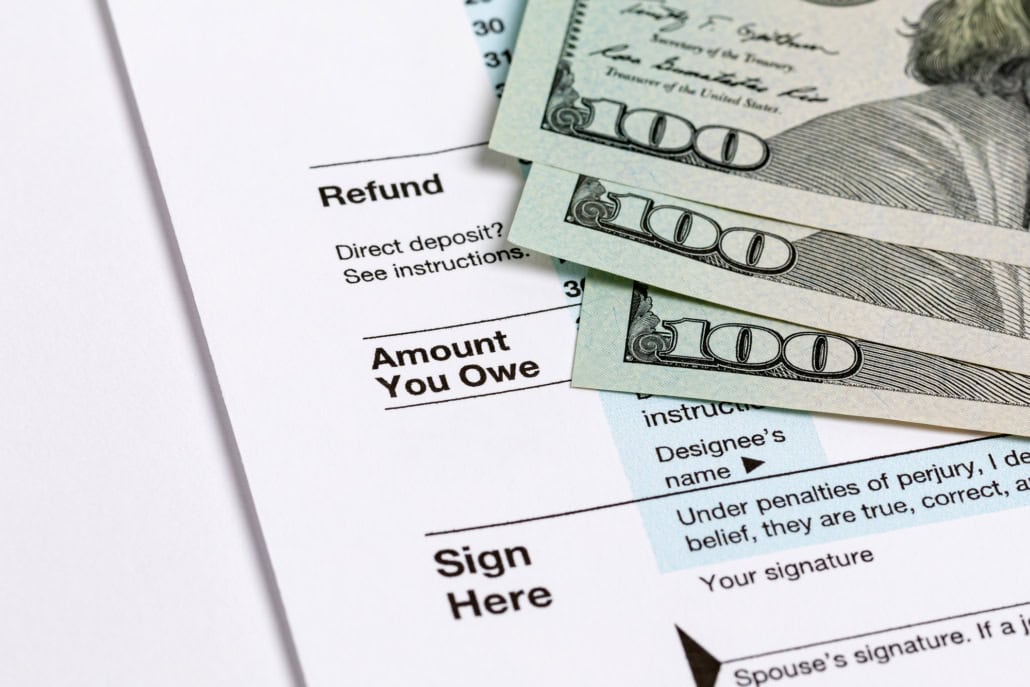Section 899 of ‘One Big, Beautiful Bill Act’ could be a nightmare for Canadian investors, businesses

Of all the economic disruption caused by the Trump administration in recent months—roiling markets and global investment patterns with tariff threats, upending longstanding agreements with trade partners and generating widespread economic uncertainty—his One Big, Beautiful Bill Act could have the most direct non-tariff impact on Canadian business owners and investors. Indeed, Section 899 of the bill could completely upend tax planning for organizations and individual taxpayers that hold U.S. assets.
The proposed package of tax amendments—covering everything from personal tax rates to estate taxation—would create a class of ‘discriminatory’ countries that the U.S. government deems to impose unfair foreign taxes in areas such as undertaxed profits, digital services taxes and diverted profit taxes. Other foreign taxes, such as Europe’s VAT or Canada’s HST, could potentially also be categorized as ‘unfair’ in future. The alarming reveal of the legislation is that businesses and investors from a ‘discriminatory country’ would face drastically increased federal income tax and withholding rates.
But Canada has a tax treaty with the U.S. Surely that would insulate this country from any sort of punitive taxation that runs counter to the letter and intent of that longstanding agreement, right? Unfortunately, not. At least not as this draft legislation is currently written. If enacted, existing treaty-determined withholding taxes would serve as a baseline and would increase in accordance with a legislated onslaught of tax hikes. In fact, the bill contains language that would seemingly override existing tax treaties—whether that would, in fact, be legal remains to be seen.
Under the Canada-U.S. tax treaty, for example, individual investors based in Canada are subject to a reduced 15 per cent withholding rate (the statutory rate is 30 per cent) that could increase to as much as 50 per cent under the new law. Entities, including corporations, trusts and partnerships, would all be impacted, with U.S.-sourced income ranging from interest and royalties to dividends, rents and real estate-related capital gains being subject to the much higher withholding rates. While Canadian corporations that are recipients of dividends from their U.S. subsidiaries currently face a 5 per cent withholding rate, that would also skyrocket to as much as 50 per cent over five years.
Even foreign governments and related entities such as pension plans would see tax exemptions revoked, potentially subjecting them to U.S. withholding tax. Countries that want the taxes reduced to their previous rates would be required to eliminate what the U.S. government defines as ‘unfair’ taxes—see above examples, including digital services or undertaxed profit taxes.
The bill must still pass the U.S. Senate and will likely see major amendments along the way. Whether Section 899 is among them remains unclear. While the idea of taxing foreign investors or governments could appeal to many U.S. lawmakers and even taxpayers, some sober-minded Republicans in the Senate may see the potentially detrimental impact on capital investment in the U.S.—among many other deleterious ramifications—and insist on a softening or removal of the controversial section.
But if it passes as written, the significant negative impact on Canadian investment returns, and on cross-border business prosperity, cannot be understated. Tariffs are a cudgel designed to protect vulnerable industries and force a change in behaviour on the part of competitive economies. They nearly always backfire and damage the imposing economy, especially when used liberally and recklessly.
But taxes on foreign governments and investors who are said to be acting unfairly and damaging the U.S. economy? That’s an easy-sell policy on the campaign trail (especially with mid-term elections approaching in 2026). Prime Minister Mark Carney and his new Liberal government may have thought they were being elected to fight a trade war. Now, an uphill tax treaty battle could be their first order of business. Perhaps now is not the time for our government to be taking a summer break given the protracted prorogation of Parliament, tariff tensions and this potentially punishing tax legislation—and that’s before factoring in plans to hold off on a budget until November. Now would be the time to get to work.
So, what should you do as an investor or business owner if you have U.S. interests? At this point, nothing. Awareness of the potential tax storm that lies ahead is important, but tax planning changes should be put on hold until we know when (or if) Section 899 will take effect.
Armando Iannuzzi, Co-Managing Partner
For assistance with Canadian or U.S. tax compliance, contact a member of the KRP tax team today.


